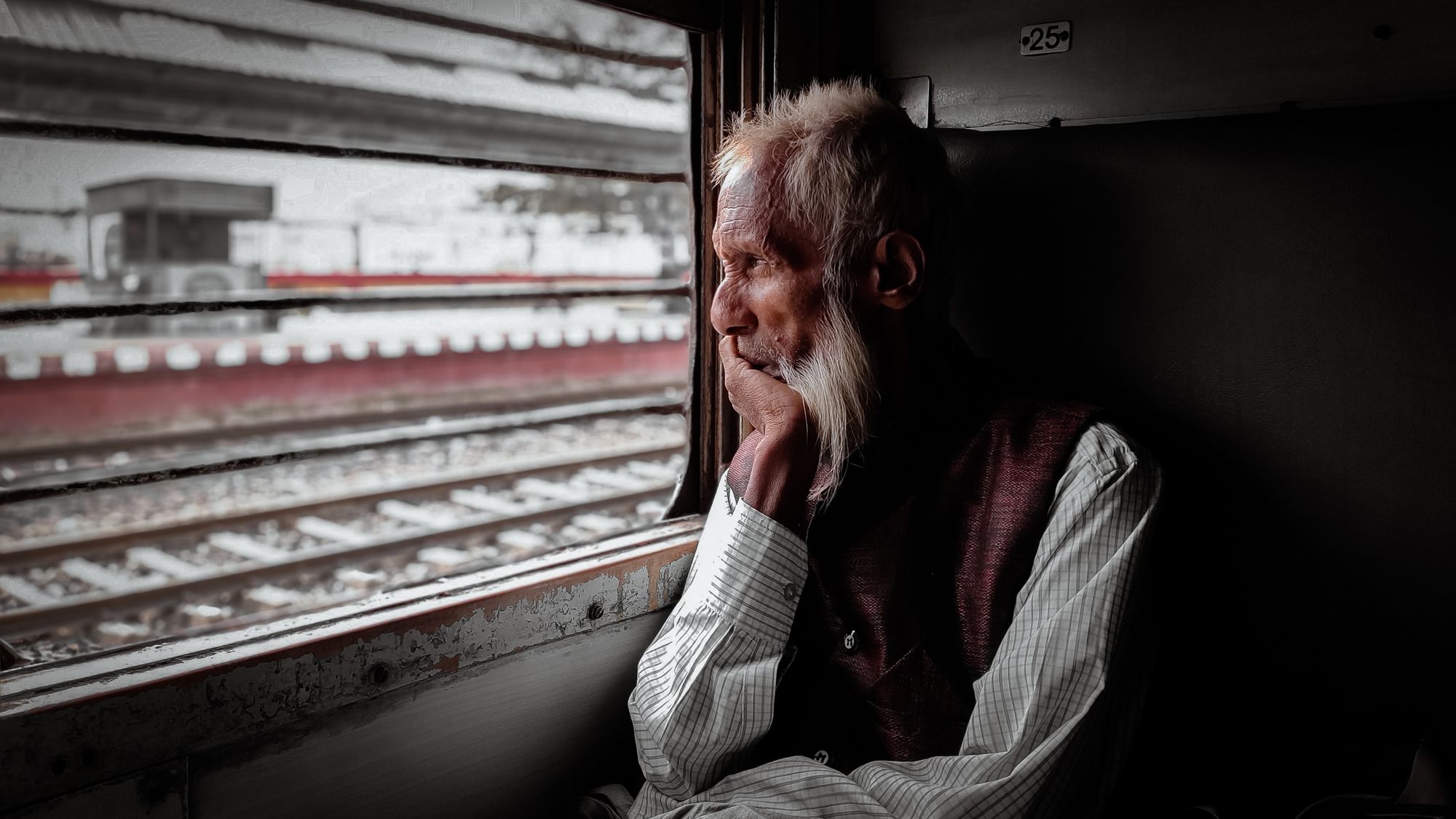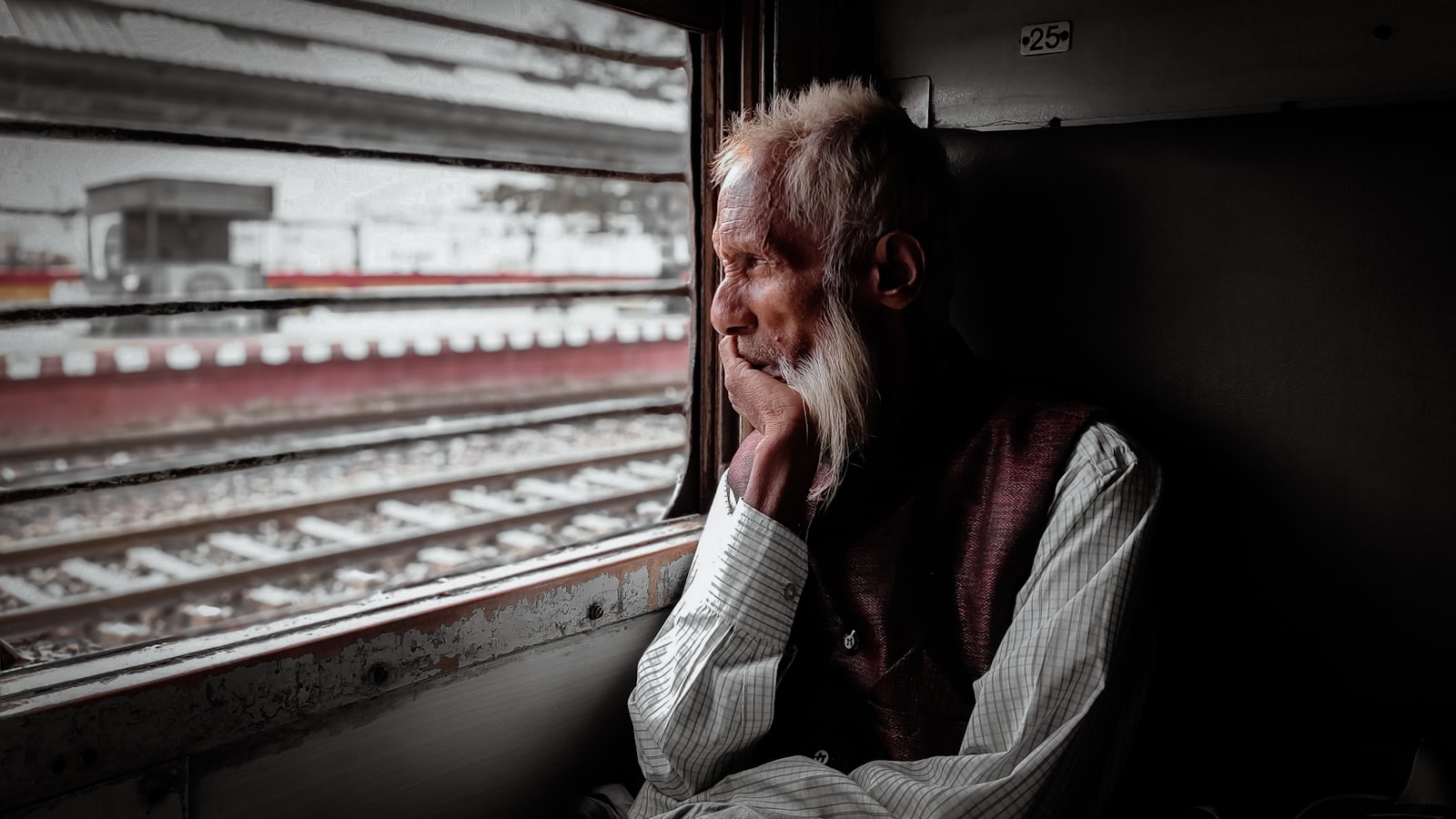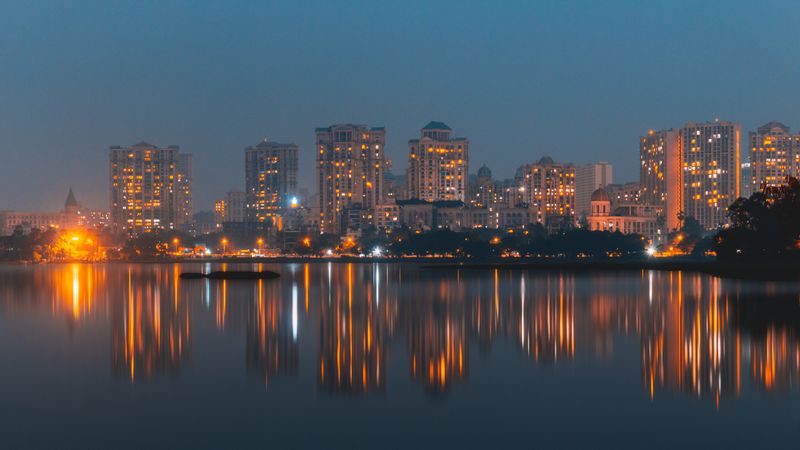The world is constantly on the move, and with it comes the phenomenon of mass migration. In recent years, we have witnessed a significant increase in the number of Indians leaving their homeland in search of better opportunities abroad. This mass migration brings with it a unique set of challenges, not only in terms of logistics and integration but also in terms of the emotional baggage carried by individuals and families.
In this article, we delve into the emotional aspects of mass migration, exploring the joys, sorrows, and everything in between that accompanies this transformative journey.

Stepping foot in a foreign land, the anticipation of new experiences, and the promise of a brighter future can be exhilarating. For many Indians, the decision to migrate is driven by the pursuit of better career prospects, improved living standards, and the desire to explore different cultures.
The initial days are often filled with a sense of adventure and optimism, as individuals embrace the opportunities that lie ahead.
The Nostalgia for Home:

However, amidst the excitement, a deep sense of nostalgia for one's homeland and loved ones back home often takes hold. The familiar sights, sounds, and smells of India can become a distant memory, causing a longing for the warmth and comfort of one's cultural roots.
The food, festivals, and traditions that once defined daily life become cherished aspects of Indian identity that are dearly missed.
The Struggle to Adapt:
Adjusting to a new country can be a daunting task. Language barriers, cultural differences, and unfamiliar social norms can leave individuals feeling like outsiders in their new surroundings. The process of integration can be challenging, as migrants navigate through a maze of bureaucratic procedures, housing arrangements, and job searches.
This struggle to adapt can lead to feelings of isolation, anxiety, and a sense of displacement.

With migration often comes the weight of expectations, both from oneself and from loved ones back home. Migrants strive to fulfill dreams and aspirations not only for themselves but also for their families who have placed their hopes in their success.
The pressure to succeed professionally and financially can be overwhelming, as individuals strive to build a better future for themselves and those they have left behind. The emotional toll of carrying these expectations can be immense.
The Loss of Identity:

In the pursuit of a better life abroad, individuals may find themselves grappling with a loss of identity. The cultural fabric that once defined their existence in India becomes interwoven with new experiences and influences from their adopted country. This blending of identities can be both enriching and challenging, as individuals navigate between preserving their roots and embracing the new culture they find themselves immersed in.
This struggle to find a sense of belonging can evoke a range of emotions, from confusion to self-discovery.
Amidst the emotional challenges, the power of community becomes a lifeline for migrants. Indian communities around the world provide a support network, offering a sense of belonging and familiarity in a foreign land. These communities become spaces where shared experiences, cultural celebrations, and traditions are cherished, helping individuals maintain a connection to their Indian roots.
The bonds formed within these communities often provide solace during times of homesickness and offer a support system that understands the unique journey of migration.
The Journey of Self-Discovery:
While mass migration comes with its emotional baggage, it also presents an opportunity for self-discovery and personal growth. The journey of migration forces individuals to confront their fears, step out of their comfort zones, and adapt to new environments. It encourages resilience, resourcefulness, and a broader perspective on life. The emotional roller coaster of migration ultimately shapes individuals into more resilient, empathetic, and adaptable beings.

The emotional baggage of mass migration is a complex and deeply personal journey that individuals and families undertake in pursuit of a better life. It encompasses a range of emotions, from excitement and nostalgia to struggle and self-discovery. While the challenges of adaptation, the weight of expectations, and the loss of identity can be overwhelming, migrants find solace in the strength of community and the opportunities for personal growth.
As Indians around the world navigate the uncharted territory of mass migration, it is crucial to acknowledge and support the emotional well-being of individuals and families.
Recognizing the unique challenges they face and providing resources for mental health support, cultural integration, and community-building can go a long way in alleviating the emotional burdens they carry.
Moreover, as a society, it is important for us to foster a culture of empathy and understanding towards migrants. Embracing diversity and recognizing the richness that different cultures bring can create an inclusive environment where migrants feel valued and accepted.
By celebrating their successes, acknowledging their sacrifices, and amplifying their voices, we can create a society that embraces the emotional journey of mass migration and benefits from the unique perspectives and contributions of migrants.
The emotional baggage of mass migration is a multifaceted aspect of the global phenomenon. It is a journey that is filled with highs and lows, joys and sorrows, but ultimately leads to personal growth and resilience. By understanding and empathizing with the emotional challenges faced by migrants, we can create a more compassionate and inclusive world that values the diverse experiences and contributions of individuals and families who embark on this transformative journey.






